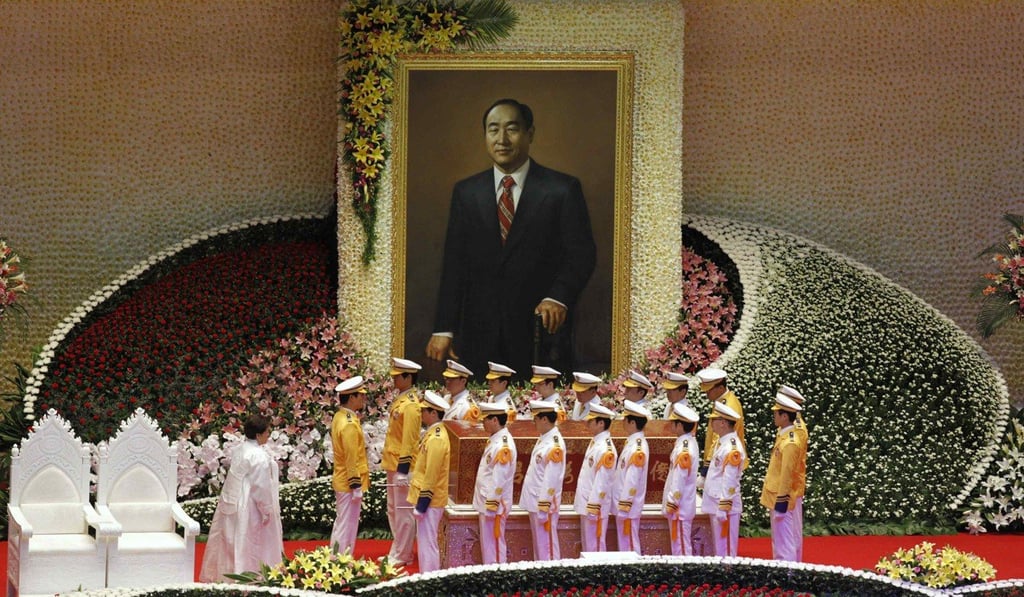What’s behind South Korea’s attraction to fringe churches?
- The appeal of these ‘cults’ may reveal a grim truth about South Korean society and the way the groups address a search for meaning not found elsewhere

When Ahn So-young was 27, her parents became concerned about her all-consuming commitment to a fringe church group called Shincheonji. They enrolled her in a counselling programme to help her break her attachment to the group. Ahn became so dejected she tried to kill herself by swallowing soap and shampoo.
Anh had been a member of Shincheonji for five years. She spent all her time with the group, even handing out surveys at university to attract potential new members, and eventually quit her studies.
“During my five years inside the group, I feared going home and I interacted less with my parents as I increasingly lied to them,” she says. “My contacts with school friends stopped.”
Her parents intervened and insisted she complete a month-long programme, during which counsellors studied the Bible with her to expose Shincheonji’s outlandish claims, including their insistence its leader, Lee Man-hee, now 90 and in poor health, would live forever as the second coming of Jesus Christ.
Ahn, though, struggled to move on and was overcome with depression. She tried to commit suicide both during the counselling and after she returned home. Shincheonji members even visited Ahn’s house and threatened to sue her parents for coercing her into leaving the group.
“I would try to jump in front of cars to end my misery,” she recalls. “My whole world was turned upside down in just a matter of days, so I was in a world of disbelief and disappointment.”
